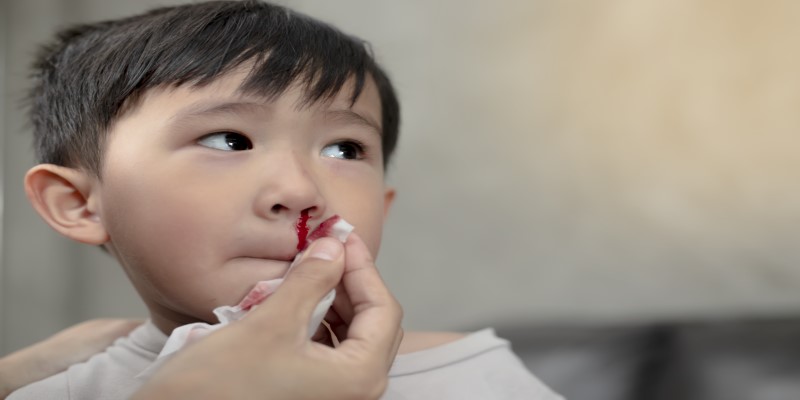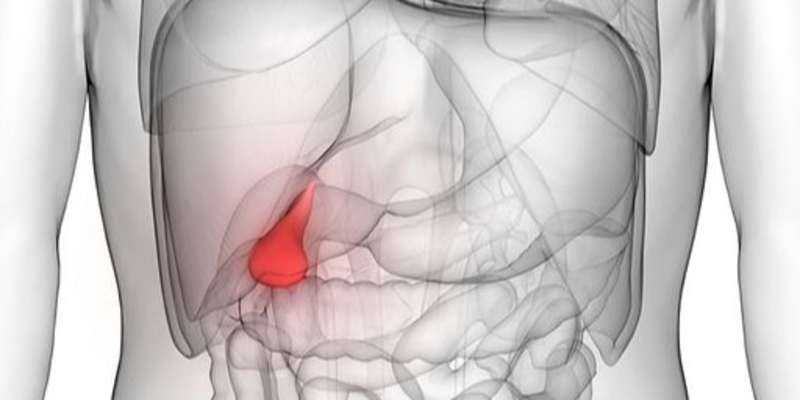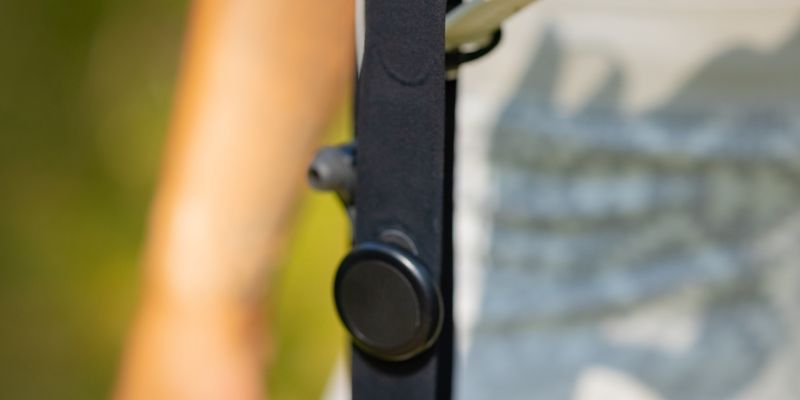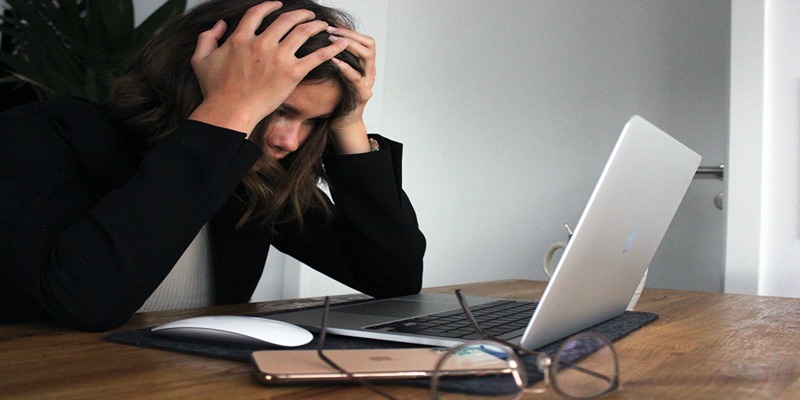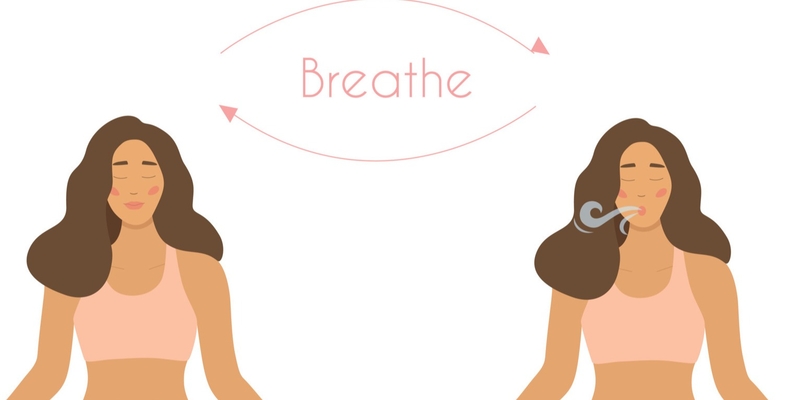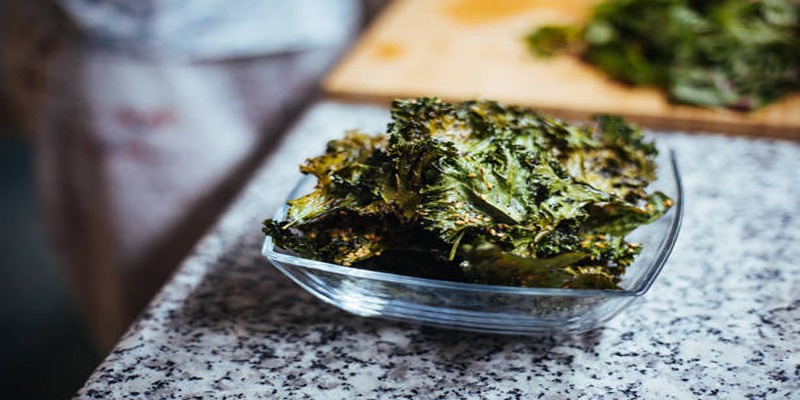Our mental well-being often bears the toll of anxiety in our fast-paced world. Although society widely embraces meditation as a practice for reducing stress, it may not serve as an all-encompassing solution. Anxiety reveals itself in diverse forms, ranging from mild unease to overpowering panic. If you discover that meditation alone fails to mitigate your anxiety, consider these alternative strategies. they are designed not only to cultivate a sense of tranquility but also to restore command over your mental health.
1. Connect with Nature - The Healing Power of Outdoors
Beyond the immediate sensory experience, nature wields a therapeutic influence. This is evident in our connection to natural surroundings, an association that invokes phenomena such as "forest bathing." In Japanese culture, they dub it ‘shinrin-yoku’, immerse yourself often within a forest to absorb its atmosphere fully and engage all senses. Scientific studies suggest that venturing into nature, specifically engaging in forest bathing, may reduce stress hormones, elevate mood, and fortify the immune system. Hence, it is a beneficial practice. Therefore, when you embark on this journey of communion with the natural world, do not merely focus on physicality. Strive to immerse yourself fully in your environment. Absorb its sights, sounds, and scents.
Urban green spaces also provide distinct advantages of connecting with nature. Research reveals that even brief strolls in city parks bolster mental well-being. These findings underline the profound influence nature can have on our psychological health. While not as sprawling as natural landscapes, these areas still afford a welcome escape from the frenetic pace inherent to urban living, a tranquil sanctuary amidst bustling cities. Whether you embark on a grand wilderness adventure or simply stroll in the local park, embracing nature proves to be a potent ally in your quest for anxiety relief.
- Consideration: While spending time in nature is generally beneficial, be mindful of environmental factors such as weather conditions and allergens that may impact your experience. Dress appropriately and choose outdoor settings that align with your comfort level.
- Caution: If you have specific health concerns or limitations, consult with a healthcare professional before engaging in outdoor activities, ensuring that your chosen nature-based strategy aligns with your overall well-being.
2. Practice Mindful Movement - Yoga and Tai Chi
Both Yoga and Tai Chi, ancient mindfulness-rooted practices, provide an experience that transcends mere physical exercise. They underscore the mind-body connection. By integrating mindfulness into their movements, individuals cultivate a profound sense of awareness, directing focus toward the present moment. This break from ruminative thoughts, often instigators of anxiety, is promoted through this fusion of meditation and movement. Furthermore, mindful movement confers significant advantages. It enhances the quality of sleep, a pivotal factor in overall mental health.
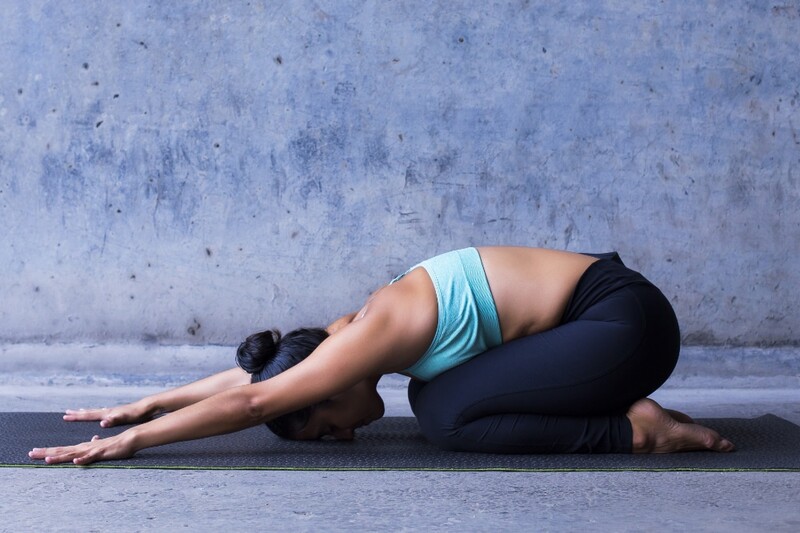
These practices, in various forms, cater to diverse preferences and fitness levels. For instance, restorative yoga emphasizes relaxation and gentle stretching. Meanwhile, Tai Chi's slow-flowing movements boost balance and mental clarity. When you choose a style that resonates with you, you ensure the incorporation of mindful movement into your routine is both sustainable and enjoyable.
- Consideration: Attend beginner-friendly classes or use online resources to learn proper techniques and postures, ensuring a safe and effective experience in your mindful movement practice.
- Fact: Studies show that regular practice of yoga and Tai Chi can lead to changes in brain structure, particularly in areas associated with stress regulation and emotional processing.
3. Harness the Power of Aromatherapy
The scope of aromatherapy does not confine itself to a uniform method. Various essential oils present distinct benefits for alleviating anxiety. Lavender and chamomile are well-recognized options. Yet, you should also explore the potential efficacy of utilizing less-known scents such as frankincense, ylang-ylang, or clary sage. These could yield surprisingly effective results. Distinct aroma profiles and potential therapeutic effects characterize each oil. For instance, we associate frankincense with grounding and spiritual well-being. Conversely, ylang-ylang is renowned for its uplifting properties. Enhancing the efficacy of aromatherapy in anxiety management becomes possible when you create your personalized blend.
Furthermore, the method of application significantly impacts the experience. Popular as they may be, diffusers often lack the direct and immersive quality provided by topical applications through massage oils or bath additives. A thorough comprehension of essential oils' diversity and their uses empowers you to effectively customize aromatherapy according to your preferences and needs.
- Note: Essential oils are potent, and individual reactions may vary. Always perform a patch test before applying directly to the skin to ensure you don't have any adverse reactions.
- Consideration: If you have pets, be cautious with certain essential oils, as some can be harmful to them. Research pet-safe options or keep the diffuser in an area where your pets cannot directly inhale the oils.
4. Digital Detox - Unplug for Mental Well-Being
Not merely reducing screen time, a digital detox's impact on anxiety involves re-establishing equilibrium between the virtual and real worlds. Disconnecting from digital devices goes beyond providing immediate relief from eye strain and mental fatigue. It nurtures presence. If you redirect your focus toward face-to-face interactions, hobbies, or even basic moments of solitude. This can significantly contribute to an existence that is more mindful - less anxious.
Screens emit a disruptive blue light that can disturb circadian rhythms and compromise sleep quality. By instituting periods without screen usage before bedtime, individuals may enhance their sleep hygiene. This approach indirectly addresses an important factor contributing to anxiety. Further support for a holistic digital detox can be achieved by designating tech-free zones in your home, such as the bedroom or dining area.
- Caution: Gradually reduce screen time instead of abruptly cutting it off to avoid potential withdrawal symptoms. Sudden, drastic changes can lead to feelings of isolation or heightened anxiety for some individuals.
- Fact: Research indicates a correlation between excessive social media use and increased anxiety levels. Setting boundaries on social media consumption can contribute to overall mental well-being.
5. Cultivate a Supportive Social Circle
Engaging in conversations about feelings with friends and family proves invaluable. However, diversifying your support network to encompass individuals who have undergone similar experiences is equally important. Consider joining anxiety-focused online communities or support groups. They can offer a profound sense of understanding and validation. As you listen to others' coping strategies and successes, a process that offers new perspectives, it reinforces an essential idea: you are not alone on this journey but part of a vibrant, supportive community.
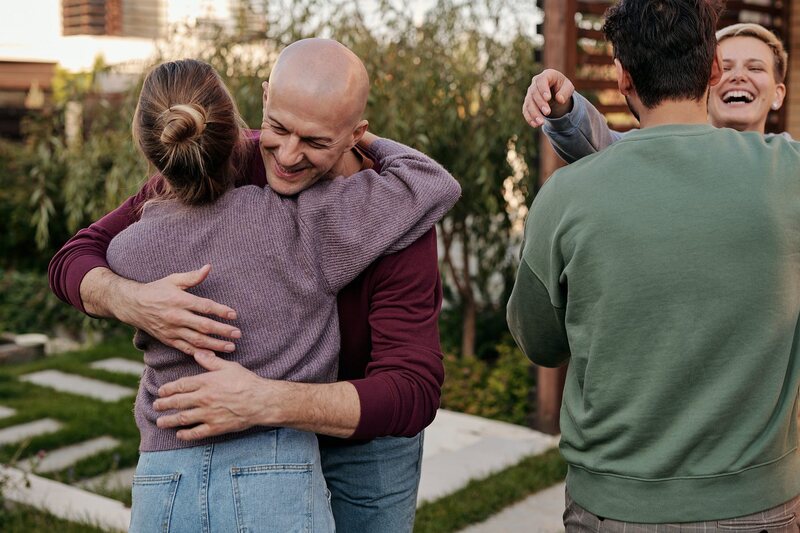
Reciprocal support cultivates resilience. It prompts an individual to openly share their experiences while actively listening to others. The process of constructing a supportive social circle, not merely seeking but extending your support, establishes a mutually advantageous network. This contributes significantly to the overall well-being of all parties involved.
- Consideration: While friends and family are crucial sources of support, professional guidance from therapists or counselors can offer specialized assistance in developing coping strategies for anxiety.
- Note: The goal is not to burden others but to create a balanced exchange of support. Establish clear communication about boundaries and expectations within your social circle to ensure a healthy dynamic.
Conclusion
Meditation, indeed an invaluable tool for managing anxiety, can be enhanced in effectiveness by exploring diverse strategies. Incorporate nature, practice mindful movement, utilize aromatherapy, and engage in digital detox. Furthermore, fosters social connections. Thus, developing a holistic approach to relieving anxiety. Experimenting with different strategies may prove necessary. However, the endeavor towards a more tranquil and balanced life surely justifies any effort required.
